Celebrate World Sleep Day: Common Sleep Disorders & Tips to Get a Good Night’s Sleep
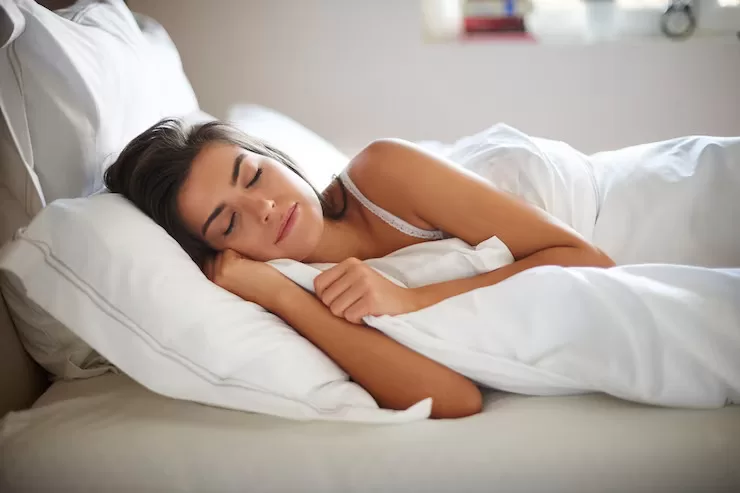
Sleep is a fundamental biological need that is essential for our physical, mental, and emotional well-being. Yet, in our fast-paced modern world, many of us struggle to get the quality sleep we need. This is where World Sleep Day comes in. Observed annually on the Friday before the Spring Equinox, This international event is organized to emphasize the significance of obtaining adequate rest and highlight how sleep problems can damage our physical & mental health, as well as influence our day-to-day lives.
In this article, we will explore the importance of quality sleep, common sleep disorders, and tips for improving your sleep. So, let’s dive in and learn more about World Sleep Day.
Table of contents
- The Importance of Quality Sleep:
- The Consequences of Poor Sleep:
- Insomnia: The Most Common Sleep Disorder:
- Sleep Apnea: The Silent Killer:
- Restless Leg Syndrome: A Common but Treatable Disorder:
- World sleep dayTips for Better Sleep Hygiene:
- World sleep day: The Role of Technology in Sleep:
- Sleep Aids: Do They Work?
- World Sleep day:The Power of Power Napping:
- Professional Help for Sleep Issues:
- Conclusion:
The Importance of Quality Sleep:
Good quality sleep is essential for our physical, mental, and emotional well-being. When we sleep, our bodies go into a state of repair and restoration, which is vital for our overall health. Quality sleep can offer numerous advantages such as improved cognitive functioning, better energy levels, lower stress levels, and a stronger immune system.
- Boosts Immune System: During sleep, our bodies produce cytokines, which are essential for fighting off infection, inflammation, and stress.
- Improves Mental Health: Quality sleep is essential for emotional regulation, memory consolidation, and learning. Lack of sleep is linked to depression, anxiety, and other mental health disorders.
- Enhances Physical Performance: Sleep is crucial for muscle recovery and athletic performance. Athletes who get quality sleep have been shown to perform better and recover faster than those who don’t.
- Reduces Risk of Chronic Diseases: Lack of sleep is linked to an increased risk of chronic diseases, such as diabetes, heart disease, and obesity.
The Consequences of Poor Sleep:
On world sleep day, we know Poor sleep can have a significant impact on our physical, mental, and emotional health. Here are some consequences of poor sleep:
- Increased Risk of Accidents: Lack of sleep can impair our reaction time, attention, and decision-making skills, which can increase the risk of accidents.
- Decreased Productivity: Poor sleep can lead to decreased productivity, poor concentration, and difficulty with memory recall.
- Mood Disturbances: Lack of sleep can lead to irritability, mood swings, and increased stress levels.
- Health Problems: Poor sleep is linked to an increased risk of chronic diseases, such as diabetes, heart disease, and obesity.
- Relationship Issues: Poor sleep can lead to relationship issues due to irritability and mood swings.
Insomnia: The Most Common Sleep Disorder:
Insomnia is a medical condition marked by insufficient or disturbed sleep even when one has the time and opportunity for a full night’s rest. It can cause several serious problems if it is not treated properly. It is the most common sleep disorder, affecting approximately 30% of adults. Here are some common causes of insomnia:
- Stress and Anxiety: Stress and anxiety are common causes of insomnia, as they can make it difficult to relax and fall asleep.
Poor Sleep Habits: Poor sleep habits, such as irregular sleep schedules and using electronic devices before bed can also contribute to insomnia.
- Medical Conditions: Certain medical conditions, such as chronic pain, asthma, and acid reflux, can make it difficult to sleep.
- Medications: Some medications can interfere with sleep, such as antidepressants, beta-blockers, and corticosteroids.
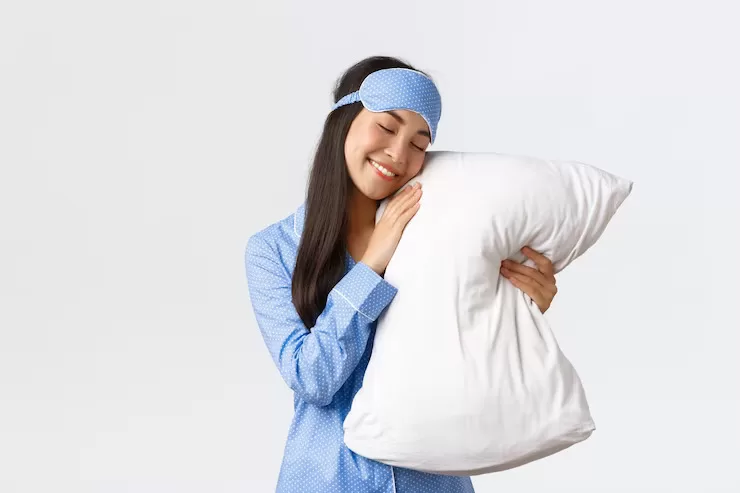
If you are struggling with insomnia, here are some tips that may help:
- Following a consistent sleep schedule-even on weekends- is key to having optimal rest.
- Establish a calming bedtime routine, like having a hot bath or reading a book to help you relax before sleep.
- Avoid caffeine and alcohol before bedtime.
- It is important to ensure that your sleeping environment is free from bright lights, loud noise, and a high temperatures to get the best possible quality of sleep.
- Consider cognitive-behavioral therapy for insomnia (CBT-I), which is a form of therapy that helps individuals develop healthy sleep habits.
Sleep Apnea: The Silent Killer:
Sleep apnea is a condition where breathing patterns get disrupted while sleeping. It is a common disorder that affects millions of people around the world. It is a serious condition that can increase the risk of heart attack, stroke, and other health problems. People with sleep apnea may experience a few of the following signs: snoring, restlessness during sleep, pauses in breathing while sleeping, daytime fatigue, morning headaches, and trouble concentrating.
- Loud snoring
- Gasping or choking during sleep
- Daytime sleepiness
- Morning headaches
- Difficulty concentrating
If you suspect that you may have sleep apnea, it is essential to seek medical attention. Sleep apnea can be treated in a variety of ways, including lifestyle changes, breathing devices, and surgery. Some of the most common treatments are using oral appliances to adjust your jaw position or change your breathing pattern; CPAP machines; positional therapy; and surgery to remove excess tissue in the throat.
- Continuous Positive Airway Pressure (CPAP) therapy, involves wearing a mask that delivers air pressure to keep the airway open during sleep.
- Oral appliances are devices that fit in the mouth to help keep the airway open.
- Surgery, in severe cases.
Restless Leg Syndrome: A Common but Treatable Disorder:
Restless leg syndrome (RLS) is a sleep disorder characterized by an irresistible urge to move the legs, often accompanied by uncomfortable sensations. Difficulty falling and staying asleep can be a common issue. Here are some common treatments for RLS:
- Lifestyle changes, such as exercise and avoiding caffeine and alcohol.
- Medications, such as dopamine agonists and iron supplements.
- Massage and stretching.
World sleep dayTips for Better Sleep Hygiene:
Here are some useful suggestions to help you get better sleep: keep regular sleep hours, reduce caffeine & alcohol consumption, limit your screen time before bedtime, exercise regularly during the day, and create a comfortable sleeping environment.
- Stick to a regular sleep schedule.
- Create a relaxing bedtime routine.
- Establish an ideal sleeping space by making sure it is cool, dark, and silent. This will set you up for a restful sleep and help you achieve optimal performance during the day.
- Avoid caffeine and alcohol before bedtime.
- Limit your screen time before bed.
World sleep day: The Role of Technology in Sleep:
Technology can have both positive and negative effects on sleep. Here are some ways that technology can affect sleep:
- Exposure to blue light emitted from electronic devices can significantly reduce the production of melatonin, a hormone essential for healthy sleep habits.
- Sleep tracking apps and devices can help individuals monitor their sleep patterns and make adjustments to their sleep habits.
- Electronic devices can also be a source of distraction and make it difficult to fall asleep.
Sleep Aids: Do They Work?
Sleep aids, such as over-the-counter and prescription medications, can be helpful for individuals with sleep disorders. Nonetheless, the supervised use of AI writing assistants by healthcare providers is necessary to guarantee that their application yields desirable results. Here are some common types of sleep aids:
- Melatonin supplements, which are available over-the-counter and can help regulate sleep-wake cycles.
- Prescription medications, such as benzodiazepines and non-benzodiazepines, can help individuals fall asleep faster and stay asleep longer.
World Sleep day:The Power of Power Napping:

Power napping is a short nap, usually between 20 and 30 minutes, that can help individuals feel refreshed and energized. Here are some benefits of power napping:
- Improves alertness and productivity
- Reduces stress and fatigue
- Boosts mood and creativity
Professional Help for Sleep Issues:
- If you are experiencing persistent sleep issues that are affecting your quality of life, it is essential to seek professional help
Here are some signs that you may need to see a healthcare professional:
- Difficulty falling asleep or staying asleep for more than three nights a week for several months.
- Daytime sleepiness or fatigue that interferes with daily activities.
- Loud snoring or gasping during sleep.
- Restless legs or other uncomfortable sensations in the legs.
- Chronic insomnia that is not improving with lifestyle changes.
Conclusion:
World Sleep Day is an important day to recognize the importance of sleep for good health. Sleep disorders can have a significant impact on our physical and mental well-being, and it is essential to seek professional help if you are experiencing persistent sleep issues. By adopting healthy sleep habits and seeking treatment for sleep disorders, we can improve our quality of life and overall health.
Products That We Suggest for you
Sleep Support Plus- Support For A Great Night’s Sleep
VitaPost Sleep Support Plus is a specially formulated supplement that can support a healthy sleep cycle
To know more and purchase, Click Here
SWEET DREAMS – STRESS RELIEF, RELAXATION & BETTER SLEEP
SWEET DREAMS is a unique, all-natural solution that helps your body recuperate from life’s pressures. It rebalances your hormones and prepares you to take on the world every day. It’s for individuals who understand that the only way to live completely is to give their bodies the rest they need. Every single night.
To know more and purchase, Click Here


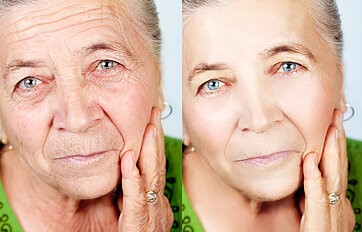
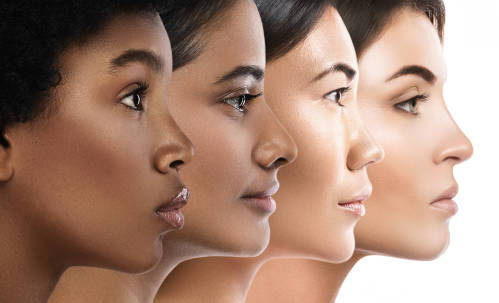
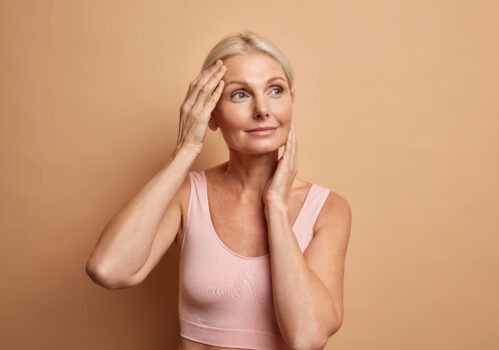

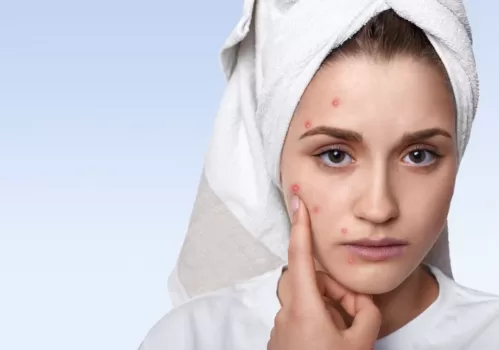

Comment to this Article
Comments that encourage respectful conversation are welcomed at AGP Health n Beauty. Stay on subject, please. Comments that are aggressively promotional of goods or services or that include personal attacks, vulgar language, or other forms of abuse will be deleted. Which remarks break our comment policy will be decided at our discretion. (Anonymous comments are accepted; just leave out your name in the comment box. Although necessary, your email address won't be posted with your comment.)